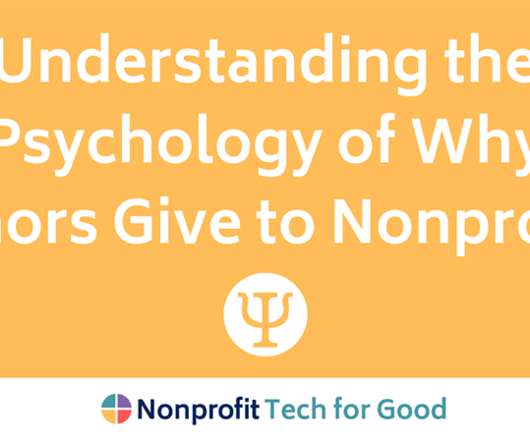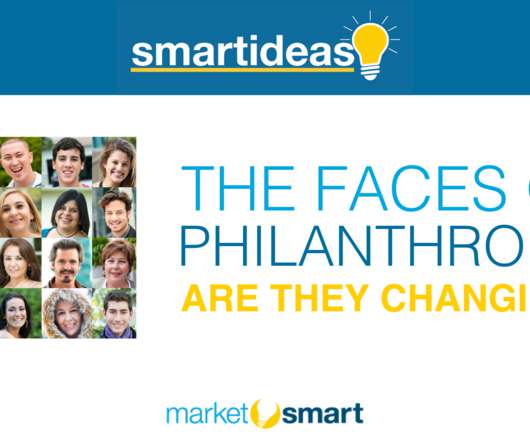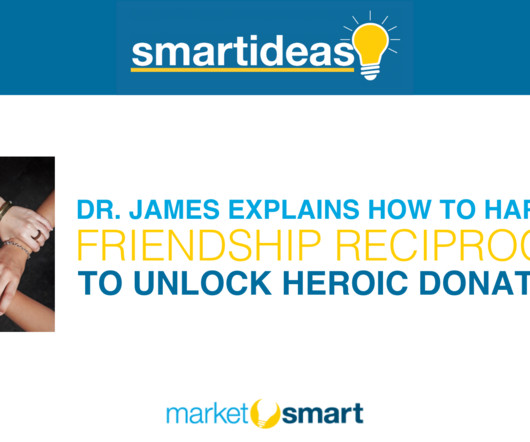Understanding the Psychology of Why Donors Give to Nonprofits
Nonprofit Tech for Good
AUGUST 14, 2022
However, by understanding the multitude of reasons why a person may donate to a nonprofit organization, you can start connecting with more of your supporters on a deeper level – and transform your fundraising results in the process. Why is the Psychology of Giving Important? How Can you Encourage Your Donors to Give?

















Let's personalize your content